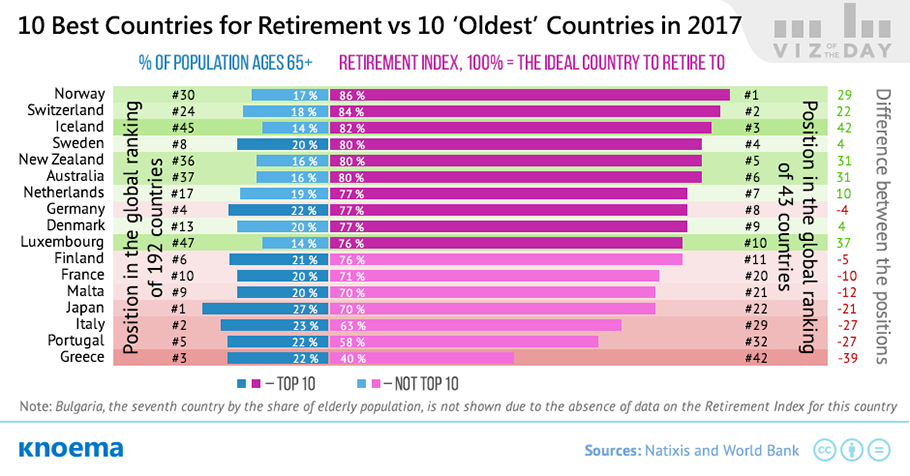Our Privacy Statement & Cookie Policy
Our website uses cookies to improve your online experience. They were placed on your computer when you launched this website. You can change your personal cookie settings through your internet browser settings.
Privacy Policy